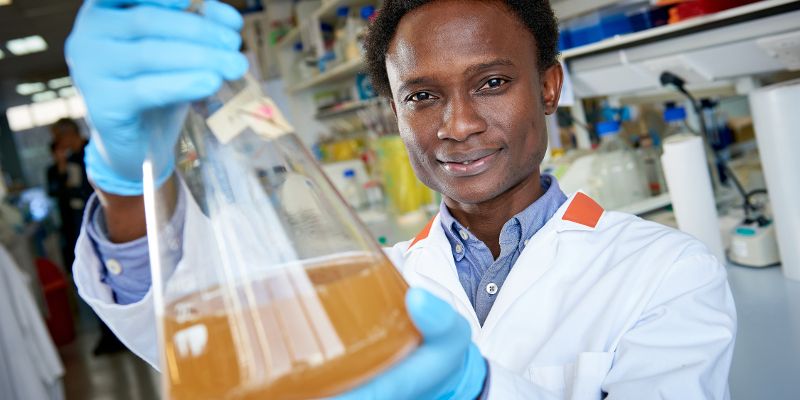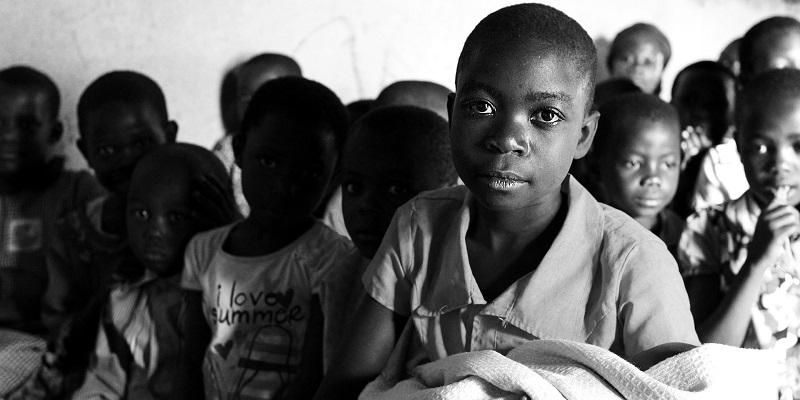
The University has extended its global impact, supporting more than 70 Global Challenges Research Fund research projects across 30 different countries.
Maintaining its mission to be at the forefront of delivering the Government’s key strategy for improving the lives of the world’s poorest people, the University has now received more than £45 million from the Global Challenges Research Fund (GCRF) over the last five years.
Global Challenge Research Fund
Since the programme started, Leeds has built links with academics in the developing world, investigating the big issues facing the world such as climate change and resilience, pollution and environmental degradation and clean water, disease and improved health.
"...researchers from across the UK and developing countries are building capacity and sharing expertise to ensure that local communities are at the heart of global solutions..."
Prof Helen Fletcher, Director of International Development, UKRI
Identifying research partnerships
In May, a delegation from the N8 - a partnership between eight research universities in the north of England - will travel to Ghana in West Africa to try and extend that work, sharing expertise and building on complementary research strengths.
The delegates, led by Professor Stuart Taberner, Dean for Interdisciplinary Research at Leeds, will be meeting with representatives from the African Research Universities Alliance (ARUA) to identify future partnerships and research proposals on the intractable problems facing the world.
If successful collaborations can be identified, the teams involved would be able to apply for financial support from the Global Challenges Research Fund. Up to six projects could be awarded as much as £2 million each ($2.6 million).
The fund is delivered, in part, by UK Research and Innovation (UKRI).
‘Big and ambitious’
Professor Taberner said: “I am asking researchers to think big and to be ambitious with their ideas.
“The gritty intractable problems facing the world won’t be solved easily, and academics have to come together to share ideas and build on each other’s strengths, and that is the aim of the meeting in Ghana.”
“ I am asking researchers to think big and to be ambitious with their ideas.”
The Global Challenges Research Fund requires research projects to foster cross-cutting research, international collaboration and economic development.
Cross-cutting research
Professor Helen Fletcher is Director of International Development at UK Research and Innovation (UKRI), one of the organisations that delivers GCRF on behalf of the Government.
She explained: “We live in a globally interconnected world where everything from climate change to pandemics, food security to conflict and employment to mass migration are linked and impact us all.
“The Global Challenges Research Fund provides the academic community, across all disciplines, an amazing opportunity to drive positive, coordinated and lasting change to address these global challenges.
“Working in partnership, researchers from across the UK and developing countries are building capacity and sharing expertise to ensure that local communities are at the heart of global solutions.
"Meetings such as this between ARUA and N8 Universities are an important way to spark exciting and innovative collaborations.”
African Research Universities Alliance
The African Research Universities Alliance is made up of 16 universities and has created centres of research excellence that closely align with the UN sustainable development goals: the blueprint to try and ensure a better and more sustainable future for all.
“ Meetings such as this between ARUA and N8 Universities are an important way to spark exciting and innovative collaborations.”
Listen to Professor Taberner discussing the aims of the meeting in Ghana.
Creating impact
Leeds is leading international collaborations investigating the problems blighting lives and holding back economic development.
At the heart of the work is cross-cutting research – bringing people from a range of academic backgrounds to bear down on a problem.
Over the coming months, we will be showing you the impact the University is making with Global Challenges Research Funding. We start by looking at some of the projects in Africa.
High maternal death rates in East Africa
Despite overall health improvements in East Africa, the number of women who die during or shortly after giving birth remains stubbornly high. Researchers are investigating the dynamics that lie behind the maternal death rate.
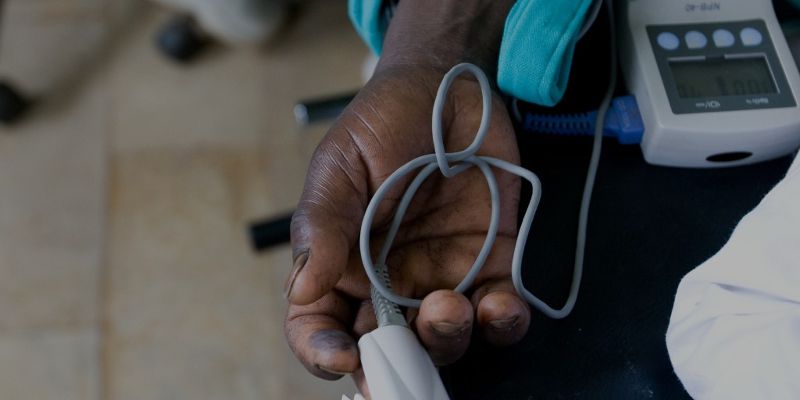
Improving weather forecasting across Africa
Tropical storms in Africa can be devastating. But they are difficult to forecast. Scientists and operational forecasters are working together to improve their understanding of tropical weather.
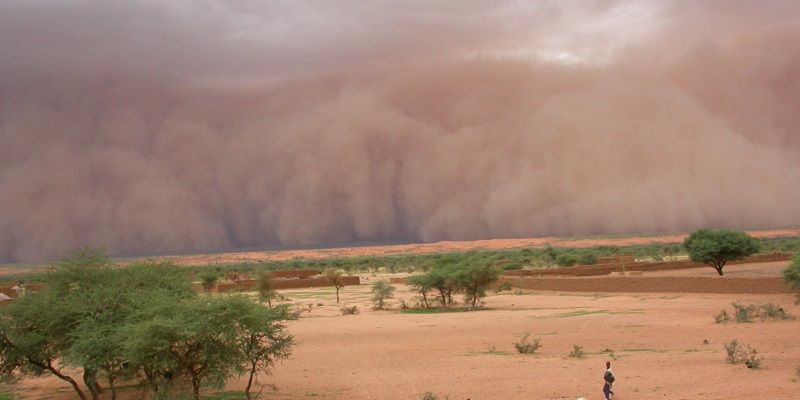
Rebuilding post-conflict societies
What role can civil society organisations and activists play in helping to heal the wounds of conflict? Read about the work of South Africa’s Safe Parks.
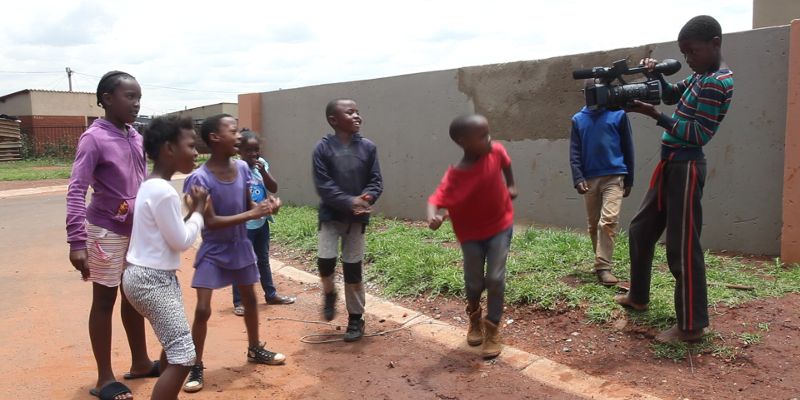
Tackling viral diseases
Two scientists describe their collaboration to investigate viral diseases killing children in Nigeria.
